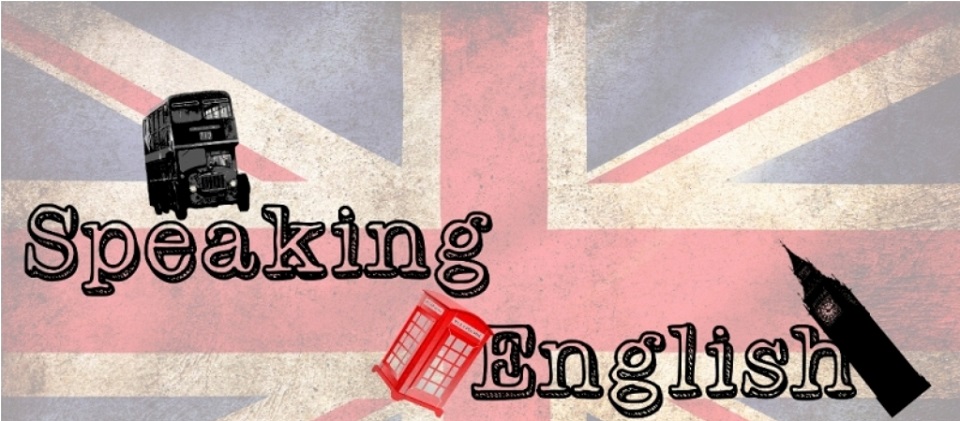By Andriana Aggelopoulou
Myrto Giannikopoulou
Georgia Kallitsi
Young people of this age are in front of cosmopolitan changes that happen for the first time in World History. Over the past 100 years, such developments have taken place in the way of life, work and the structure of society that did not occur all the previous years of life on earth.
Through this innovative way of thinking and acting of society, young people are looking for people who can follow and satisfy their demands. These patterns are otherwise subversive to society. So someone who follows this way of thinking and acting becomes unconventional, revolutionary and wants to change everything. In the impulse of their youth, they take on choices that are tested in time, successful, but in the context of change everything is considered to be out of date and wrong.
On the other hand, they are still impassive, they do not participate in the community, they do not care about the social whole, their education is limited and they are denounced by the larger as semi-literate, and as it is said to be semi-literate is worse than illiterate.
The State must therefore ensure that education programs interfere with social structures so that cells, such as the family and the school, to acquire common accepted beliefs. These should be transferred to the young people who in turn should accept them in order to balance and proceed with values that are tested in time and serve first and foremost man.



